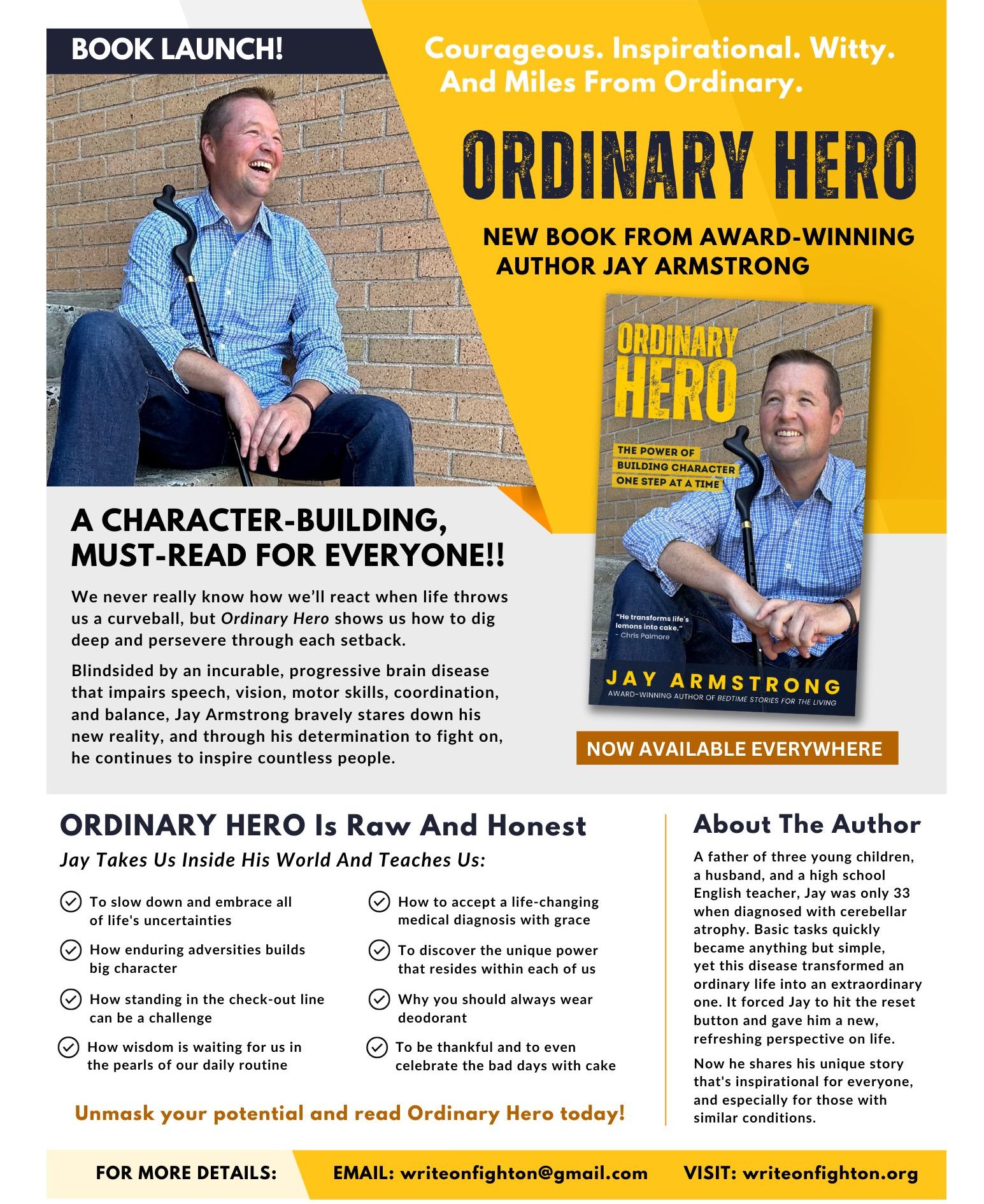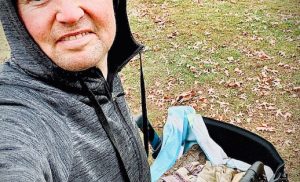Can poetry save lives?
Can poetry save lives?

I’ve been entertaining the question: Can poetry save lives?
Here’s why:
At the start of the school year my 12th grade students made it clear they knew very little poetry.
They knew of Edgar Allan Poe, Shel Silverstein and Dr. Seuss. Yet when I pressed their poetry knowledge they stared at me in a way that students are famous for.
So I’ve made a concerted effort this year to expose my students to poetry.
Poetry gets the short-end of the literary stick. Poetry suffers from, as writer Andre Simmons calls it, ” an image problem.” It’s brevity and form intimates us. How can I understand it, if I can’t understand it?
Also–we often don’t experience poetry in our daily lives. We don’t see it the check out line or waiting for an oil change. Yet when we do see it, we don’t know what to do with it. So we ignore it, like the mole on the back of our leg, which we pretend is not there.
Furthermore, high school English teachers tend to torture poetry. We often choke out it’s merit just so we can puff our chests as tweed-blazered pedagogues. And of course, as it should, our literary misogyny turns students off. As poet Billy Collins wrote in his poem, Introduction to Poetry
But all they want to do
is tie the poem to a chair with rope
and torture a confession out of it.
But reading poetry doesn’t have to be difficult. Like good music, poetry can simply comfort you, inspire you and make you feel, even just for verse or two—understood. You don’t need know how a poem works, you just need to know how a poem makes you feel.
.
Which is why I’m reading and teaching a lot of poetry right now. Because like my soon-to-be-adult students, I’m searching for meaning and purpose and inspiration in what can be a terribly apathetic world.
.
Aside from flexing valuable critical thinking muscles, another reason why I’m pushing poetry upon my students is I think people would appreciate, and even like poetry, if they just read more of it. Poetry reminds you what troubles you now, has been troubling anyone who has ever lived.
I recently read a brilliant poem by Julian Randall entitled On the Night I Consider Coming Out to My Parents—which I included at the bottom of this post.
I won’t spoil your reading with my analysis (another thing English teachers are infamous for) however, I will say that even though the poem is about sexuality, it’s really a poem that exploits how our internal conflict and tension hinges on one familiar word–“consider.”
More than just a powerful word, “consider” is a powerful state. We have the free-will to choose– but we’re often locked into consideration.
I mean–how many precious hours have been spent in consideration?
I’m considering buying new sneakers. I’m considering professing my love to her. I’m considering quitting our job. I’m considering moving to Michigan.
I had a recent conversation with a young man who learned a secret about his mother that went like this:
“I’m considering telling her what I know.”
“Why don’t you?”
“I’m afraid what will happen if I speak up…it might forever ruin our relationship.”
We spend so much of our life considering. And when considering, we become vessels of anxiety and fear. The tension of considering disparages us. Considering turns our stomach and keeps us up at night.
Like you, I’m in a state of consideration. I don’t like it. But it’s admission for life.
So can poetry save lives? Of course not in a medicinal sense. But we can read a poem and meet a line or two that reminds us that our human experience is not a lonely as we make it seem.
The things we’re considering are things other people are considering and have been considering since we started lacing up our sneakers– which is a nice reminder that we are not alone in our troubles.
Be well,
Jay
Here’s Julian Randall’s poem On the Night I Consider Coming Out to My Parents
I am afraid, of something I am, but have never named. My tongue is a refuge for secrets. How does one still fear banishment if they were born an exile? There’s blood on the ground, no time remains so I’ll lay it flat: I am Black and Dominican and Bisexual. There. If I die now,you’ll have a hint for which god to petition. Sometimes, I look at a man and my hands are already digging into the small country of his back. In this way, the body is a distraction from what can make the body just a memory. My lips could bring a man’s blood to the surface;my mother raised a curse and gave it her face. I am afraid to belong to another thing, to become still more no man’s land. I am a trench;nobody comes to clear the dead. Somewhere, my mother is gripping a rosary to pray for men who look like me. Somewhere, my mother is praying for me. I do not want to give her something else to worry about. I am quiet, I bury no one, blood is drying beneath my nails,I do not know which me it belongs to.
Check out his post:
Why Parents Need to Teach Their Children Bravery
Protecting your children is sometimes absolutely necessary. But protecting them all the time is dangerous. Like it or not, children have to learn about the meanness the world is eager to offer. Sometimes parents need to step back, assume the bystander role, and let their child struggle.
Life favors the brave. Subscribe and receive my weekly stories, encouragement, and positive messages to motivate you to improve your life, take positive risks, and live a purposeful life.





